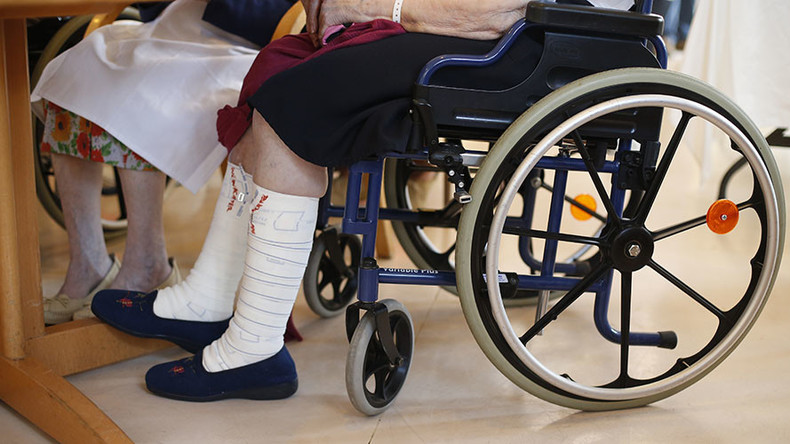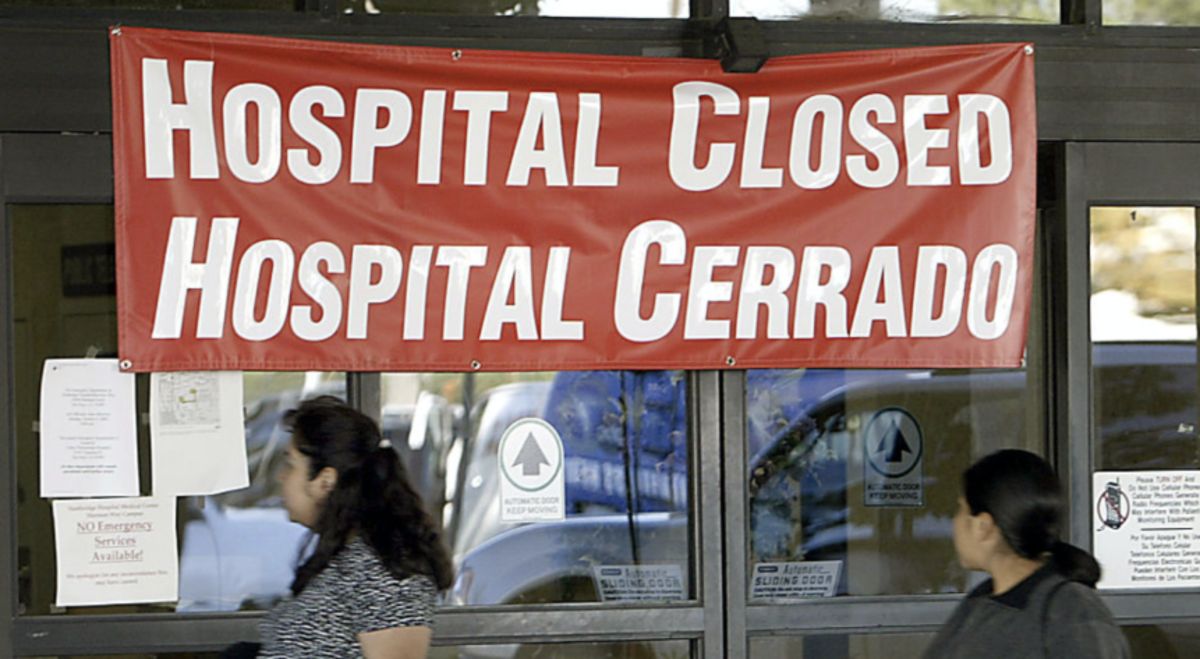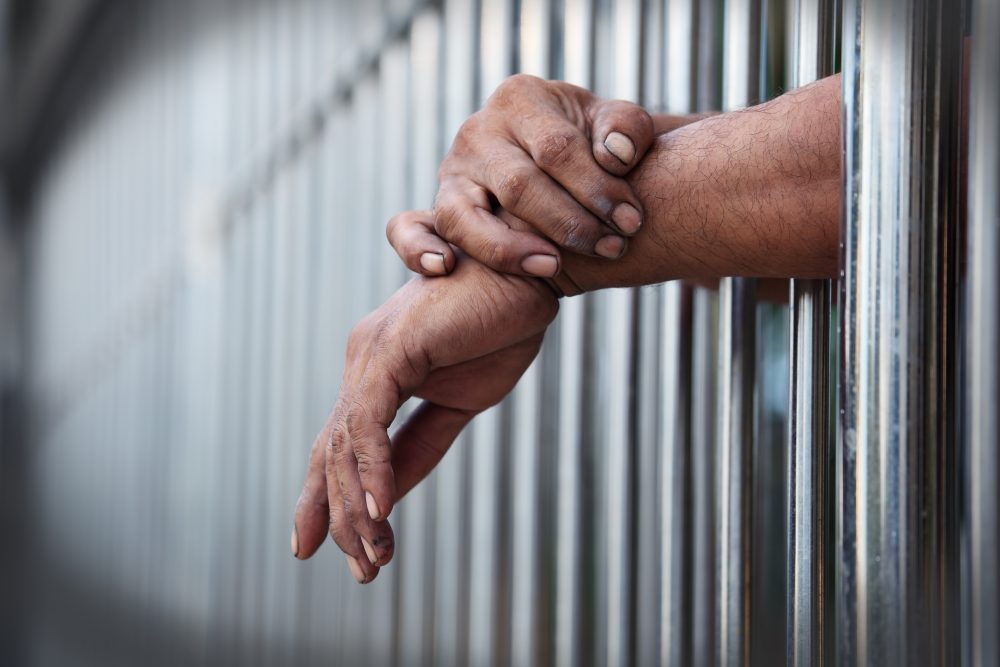First up is freedom. After all, that's what we're known for ---"land of the free and home of the brave" right? According to the independent and non-partisan World Population Review, the top ten freest countries in the world are Switzerland, New Zealand, Denmark, Estonia (yes, the former Soviet Republic), Ireland, Finland, Canada, Australia, Sweden, and Luxembourg. Wait. What? No United States in the top ten? Nope.
Actually America comes in 15th place, just behind the UK and ahead of Japan and Germany. Also ahead of us are Iceland, Norway, and the Netherlands. The ten least freest countries are all in the Middle East and Africa (with the exception of Venezuela). Some include Egypt, Somalia, Iran and Iraq (naturally),Yemen, and the Sudan.
Americans are known for their rugged individualism. It's the staple of practically every Western movie and TV show ever made. Individualism, and with it our rights to personal freedom are at the core of what it means to be an American. So would it surprise you to know that the U.S. isn't in the top ten (again)? It's not even in the top 20 when it comes to personal freedom.
The United States has become a neo-fascist Corporatocracy. It's run (or managed if you prefer) by a relatively small clique of uber wealthy oligarchs (sometimes referred to a kleptocrats). These corporations and individuals have done their best to gradually impinge on our individual freedoms under the guise of "national security" (creating a surveillance state) and giving "personhood" to corporations.
So, the fact that we aren't in the top 20 shouldn't come as any surprise to you. The countries with the greatest amount of personal freedom are all the "socialist" Scandinavian countries as well as Japan, Australia, Ireland, Canada, Taiwan, Latvia and the Czech Republic (both former Soviet satellites), the UK and others.When it comes to personal freedom, the United States ranked an embarrassing 24th in the world. We are just behind Italy and ahead of Uruguay and Spain. In terms of economic freedom, we did much better, which you'd expect with us being an Corporatocracy and all. However, we're still not in the top five.
The top four most economically free are the Pacific nations of Taiwan, Hong Kong, Singapore, and New Zealand. Switzerland rounds out the top five. Coming in sixth place is the former Soviet republic of Georgia with the U.S. in the seventh spot. Ireland, Lithuania (another former Soviet state), and Australia rounding out the top ten. It's worth noting that most of the countries which ranked high in personal freedom ranked in the bottom half of the top 20 freest economic countries.
In looking at a report by the conservative Heritage Foundation for 2022, it's worth noting that the top economically freest countries are Singapore, Switzerland, Ireland, New Zealand, Luxembourg, Taiwan, and Estonia. The Netherlands, Finland, and Demark finish the top ten.
The United States comes in 25th place between the UK and Georgia in the lower half of the "Mostly Free" column. We also became a debtor nation in 1985. An early warning? Germany was 16th and South Korea was 19th. The Ukraine was 130th while Russia was 113th. Both are in the "Least Free" section.
As an aside, America is also listed as a "flawed democracy". I've mentioned that this and other independent media sites are often "shadow blocked", so it should be no surprise that Reporters Without Borders should rank freedom of the press in the United States as barely satisfactory. In fact, the U.S. is ranked 43rd in the world. There are actually some third world nations ranked higher the U.S.!
Education has been called the "road to success" (or as John Wayne once said, "life is hard. It's harder if you're stupid). Either way, I have to agree. Education not only provides the individual with the keys to success, it also largely determines the success of a nation.America has long struggled academically when compared to the rest of the world although we tend to spend more private and tax dollars on education than any other country. According to a 2021 academic report, the United States had the best overall educational system in the world followed the UK, Germany, Canada, France, Switzerland, Japan, Australia, Sweden, and the Netherlands.
When it comes to science and math, we ranked near the bottom of the second tier of developed nations. In the latest 2018 test of OECD (Organization for Economic Cooperation and Development), we scored 478, which was below the average score of 489. The top five highest scoring countries were all Asian (Singapore, Macao, Hong Kong, Taiwan, and Japan).
In science, we did a little better, scoring just above the OECD average of 489 with a 502, but was well below the top five countries of Singapore (551), Macao (544), Estonia (544), Japan (529), and Finland (522). In literacy, we ranked at about average with Denmark coming in first.
Another indicator of our decline is healthcare. You would think that with the resources that the United States has our healthcare would be second to none. Sadly, the U.S. has one of the worst healthcare systems of any industrial nation. While the world's overall life expectancy has continued to rise (it was 82 years old in 2020), it was 77 years of age in the U.S..
Meanwhile, mortality rates in the America have remained higher than in other OECD nations despite a general decline overall due to improved technology and medicine. The mortality rate in the U.S. dropped from 1980 to 2020 by 19% while for other industrial nations the drop was 43%.Early or premature deaths due to diseases and disabilities were also higher in the U.S. than elsewhere. In fact, they were roughly 37% higher. In 2019 (the latest record) non-age related deaths due to disease or disability were 26,061 per 100,000. The global average was 18,987.
The United States also had the highest infant mortality rates of any OECD country as well with just under 24 deaths per 100,000 live births. The next closest country was Canada with 8.4 per 100,000. The Netherlands and Australia had the lowest with 1.2 and 2.0 respectively. The world average was 4.5.
Where we did well was with heart attack and stroke treatment. Using 2018 data for individuals age 45 or older over the first 30 days following the event, the mortality rate per 100 in the U.S. was 4.9 compared to 5.9 among industrial nation.. For strokes it was 4.1 versus 6.4, and for hemorrhagic (bleeding) strokes the mortality was 19.4 as opposed to 20.7 globally.
But when it came to asthma, COPD, congestive heart failure, and diabetes we had mixed results. In measuring mortality rates per 100,000, the U.S. had 37.1 deaths related to asthma compared to an average among industrialized nations of 34.7. For diabetes, the U.S. had 226 versus 137.5.
However, with COPD we had 194.1 with 228 among comparative nations. When it came to congestive heart failure, the average among industrialized nations was 272.3. The U.S. had an appalling 411.7. There are 2018 figures, which are the latest measurements.
Finally, the United States ranks last when it comes to access to medical care and quality compared to other industrialized nations with the Netherlands, Australia, Sweden, Japan, and Austria in the top five spots. It should also be noted that the U.S. places far less attention on preventative care and alternative medicinal treatment. There are fewer beds available in hospitals than in other OECD nations.The United States also has among the highest prescription costs of most any nation in the world, which is attributable to its poor medical care coverage. The majority of nations have some form of nationalized (or "socialized" medicine if you prefer), resulting in lower costs and faster recovery but occasionally longer waiting times for non-life threatening treatment.
One component to having a long and healthy life is having a high overall quality of life. So how does the U.S. rank? As has been the trend for many years now, those "socialist" nations of Scandinavia have not just a better education system, better health care and higher life expectancy, they also have the highest quality of life, but they're not the only ones!
Sweden ranked number one, followed by Denmark, Canada, Switzerland, Norway, Finland, Germany, Netherlands, Australia, and New Zealand. Other top nations include Ireland (#16), Japan (#14), and the UK (#12). As for the United States, we came in at #21, just behind Italy and Portugal but ahead of Poland and Singapore. By comparison, China and the United Arab Emirates are #24 and #25 respectively.
It's no secret that the U.S. has highest percentage of its population behind bars than any industrialized nation with an average of 625 individuals per 100,000, or to put it another way, with the U.S. having roughly 5% of the world's population, we have 25% of it behind bars. The states with the highest percentage incarcerated are Louisiana and Oklahoma. 90% of those behind bars are men.Following the United States is China, Brazil, India, Russia, and Thailand with the most number of people in jail (China and India dwarf the U.S. in terms of population). Israel and Bahrain have the least number of people behind bars. When examining the highest rates of incarceration based population, the U.S. again is number one followed by Rwanda, Turkmenistan, El Salvador, and Cuba.
In terms of voter approval, of the top 11 foundational institutions which support the federal government, only the military and small businesses have positive numbers. Congress consistently polls terrible. The disapproval rate for Congress is currently hovering around 77%. In other countries their numbers would be concern for a revolt or revolution. In fact, 43% of Americans believe a civil war or revolution will occur within the next ten years.
President Joe Biden has a disapproval rate of 51.4% while his Vice President, Kamala Harris, has a disapproval rating of 48.7%. The approval rating for former President Donald Trump is 55.7%, which seems to prove that persistent negative campaigning (aka "character assassination) works.
Meanwhile, only 30% of Americans approve of the direction the country is going in. 74% of Americans are sick and tired of bi-partisan bickering and finger pointing, including 78% of Independents, 82% of Democrats, and 68% of Republicans. The average American has a consumer debt of nearly $100,000 while corporate CEOs earn approximately 324 times more than an average employee. In 2020, the average corporate CEO made $670 dollars for every dollar an average employee earned.
As an aside, both corporate owned parties---Democrat and Republican---are losing more voters than gaining. Independents remain the largest political bloc and continues to grow while the Democrats and GOP battle over a shrinking piece of the political pie. Americans in large numbers disapprove of corporate lobbyists writing legislation, partisan gerrymandering, partisan offices, Citizens United while supporting citizen ballot initiatives, term limits, voter approval for tax, fee, and rate increases.A country, no matter how large or developed, can't sustain numbers like these indefinitely, and yet that's exactly what Congress, the Presidency and Big Business expect. We continue to bolster corporations with taxpayer money and cut taxes for the rich while Americans struggle to make ends meet. In terms of poverty levels among OECD nations, America is third behind Costa Rica and Hungary.
It's clear that the ruling Oligarchy will do nothing that impinges upon their growing control on power beyond smoke and mirrors. When citizens see no hope for real and meaningful change; when their propaganda or bread and circuses no long work, what then?
If you want to know more about this article's topic, please check out the links below. If you enjoyed the article, please consider passing it along to others and don't forget to subscribe. It's free! Lastly please be sure to "like" us on whatever platform you use to read anotheropinionblog.com. It helps with the algorithms and keeps our articles in circulation. Thank you!
World Population Review: Freest Countries 2022
2022 Index of Economic Freedom
U.S. Education Rankings Are Falling Behind the Rest of theWorld
How does the quality of the U.S. health system compare toother countries?
U.S. Healthcare System Ranks Last Among 11 High IncomeCountries
Incarceration rates by country
Americans are sick of lawmakers bickering. They don't have much hope that will change
Wage gap between CEOs and US workers jumped 670-to-1 lastyear, study says
Poverty rates in OECD countries as of 2019







No comments:
Post a Comment